University Archives & Special Collections in the Joseph P. Healey Library at UMass Boston holds the photographs and papers of French photojournalist François Sully. After Sully’s death in 1971, his colleague Kevin Buckley boxed and sent the papers to Newsweek, which transferred the collection to WGBH in 1979. WGBH used the papers while researching the thirteen-part documentary, Vietnam: A Television History. The collection came to UMass Boston in 1985 and is part of a range of materials at the university documenting WGBH’s Vietnam: A Television History.
View the finding aid for the François Sully photographs and papers here.
Photographs, contact sheets, and negatives from this collection have also been digitized and are available on our digital collections site here.
About Sully and this collection
Photojournalist François Sully, born in 1927 or 1928 in France, fought against the Nazis in the French Resistance as a teenager. He later joined the French Army, which assigned him to Vietnam. After choosing to be discharged in Saigon in 1947, Sully became a correspondent for both Vietnamese and French publications, including the French magazine Southeast Asia. By 1959, Sully was working for UPI. He wrote articles for Time and was hired by Newsweek in early 1961.
Although Newsweek was Sully’s primary employer until his death in a helicopter crash in March 1971, he also wrote for a number of other news magazines, including The Nation and The New Republic. In 1967 and 1968, Sully wrote articles for McGraw-Hill’s business-reporting service World News which distributed them to Business Week, Medical World News, Engineering News Record, and other publications. In addition to writing news stories and taking photographs, Sully wrote Age of the Guerilla: the New Warfare (New York: Parent’s Magazine Press, 1968; reprinted by Avon, 1970) and compiled and edited We the Vietnamese: Voices from Vietnam (New York: Praeger, 1971).
Please note: Copyright for Francois Sully’s photographs resides with Newsweek magazine. Users are responsible for seeking copyright permission from Newsweek magazine to publish photographs from this collection for any use not covered by Fair Use. Contact library.archives@umb.edu for more information.For questions about this collection or to schedule a research appointment, please contact library.archives@umb.edu or 617-287-5469.
Explore other collections related to the Vietnam War here and view the digitized Sully photographs here.
University Archives & Special Collections in the Joseph P. Healey Library at UMass Boston collects materials related to the university’s history, as well as materials that reflect the institution’s urban mission and strong support of community service, notably in collections of records of urban planning, social welfare, social action, alternative movements, community organizations, and local history related to neighboring communities.
University Archives & Special Collections welcomes inquiries from individuals, organizations, and businesses interested in donating materials of an archival nature that that fit within our collecting policy. These include manuscripts, documents, organizational archives, collections of photographs, unique publications, and audio and video media. For more information about donating to University Archives & Special Collections, click here or email library.archives@umb.edu.

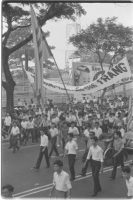

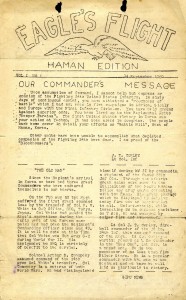
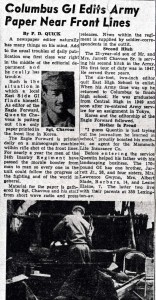
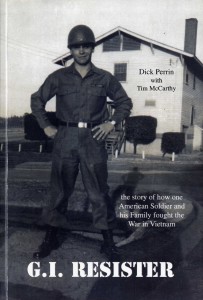

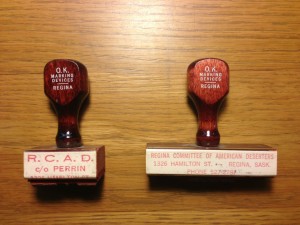
![Campaign flyer for U.S. House of Representatives election. [1998]](https://blogs.umb.edu/archives/files/2015/10/JC-26_VII_f8-1k1olcc-200x300.jpg)
 To celebrate Archives Month, I will be posting highlights from our collections throughout October. I hope that this will turn into a regular series. To learn more about Archives Month, visit the Society of American Archivists
To celebrate Archives Month, I will be posting highlights from our collections throughout October. I hope that this will turn into a regular series. To learn more about Archives Month, visit the Society of American Archivists